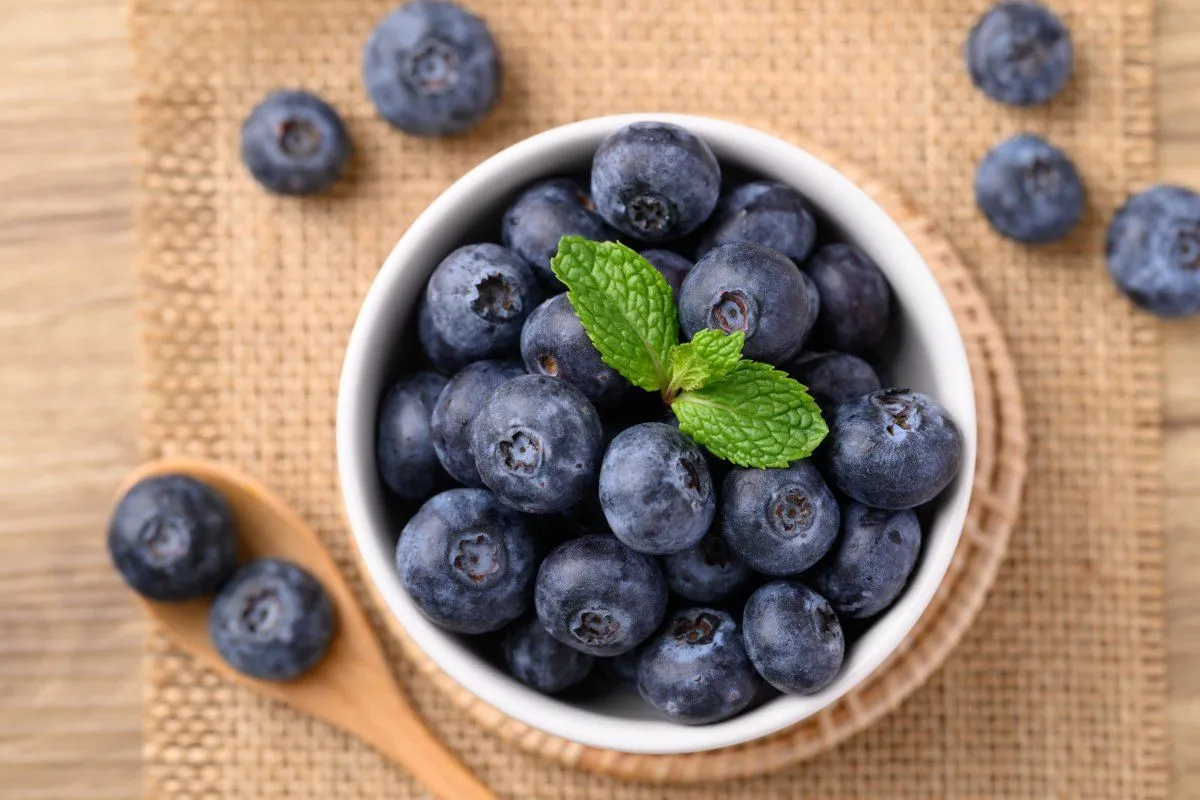Why washing your blueberries matters
Even though blueberries look pretty clean, they can still harbor unwanted stuff on their skin. These tiny fruits often end up with pesticides, dust, or other invisible residues that could be risky if you eat them raw or toss them into your favorite recipes. Washing them well isn’t just a suggestion; it’s a must-do for keeping yourself safe.
Why rinsing with water doesn’t do the trick
Some folks think a quick rinse under tap water is enough to get blueberries clean. The problem is that water alone might not wash away everything. Sure, it can remove visible dirt, but it often can’t get rid of all the pesticides or bacteria that cling to those tender skins. Relying only on a water rinse might leave a few unwanted surprises behind.
How to really clean your blueberries
For a better clean, you might want to try a couple of methods. One popular way is to use white vinegar. Mix three parts water with one part white vinegar in a bowl, then let the blueberries soak for five minutes. After that, give them a good rinse with clean water and gently drain them.
Another method that works well is using baking soda. Dissolve one tablespoon of baking soda in a bowl of water, soak the blueberries for a few minutes, then rinse thoroughly. Both natural solutions help get rid of residues without messing with the berries’ taste or quality.
Perks of giving your blueberries a good clean
Cleaning blueberries properly not only makes them safer to eat, it also helps them last longer. By removing more residue than water alone, these methods keep your fruit fresh and tasty. Plus, natural fixes like vinegar or baking soda are budget-friendly and have proven to work better than most commercial fruit washes.
Once you’re done cleaning, dry the blueberries completely before popping them in an airtight container lined with an absorbent paper towel (this trick helps keep mold at bay and your berries fresher for longer).
What science has to say
Bryan Quoc Le, a food chemistry scientist, swears by using white vinegar or baking soda when cleaning blueberries. He points out that these methods clear away more unwanted residue and even lower the chances of mold developing. His advice shows that taking the time to clean your fruit right can really pay off in safety and quality.
Taking a few extra minutes to wash your blueberries well isn’t just a little extra work—it’s a smart move for better food safety at home while still enjoying one of nature’s tastiest treats.
